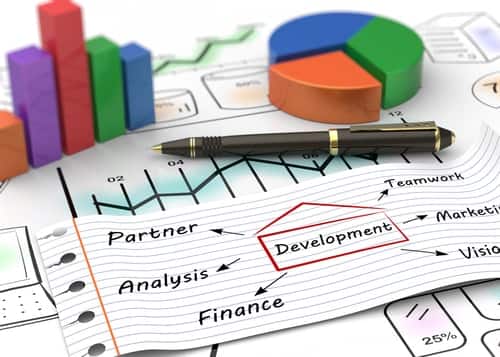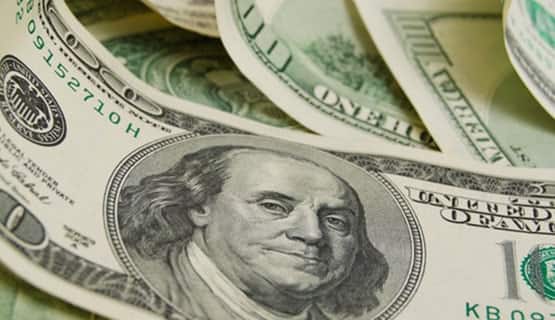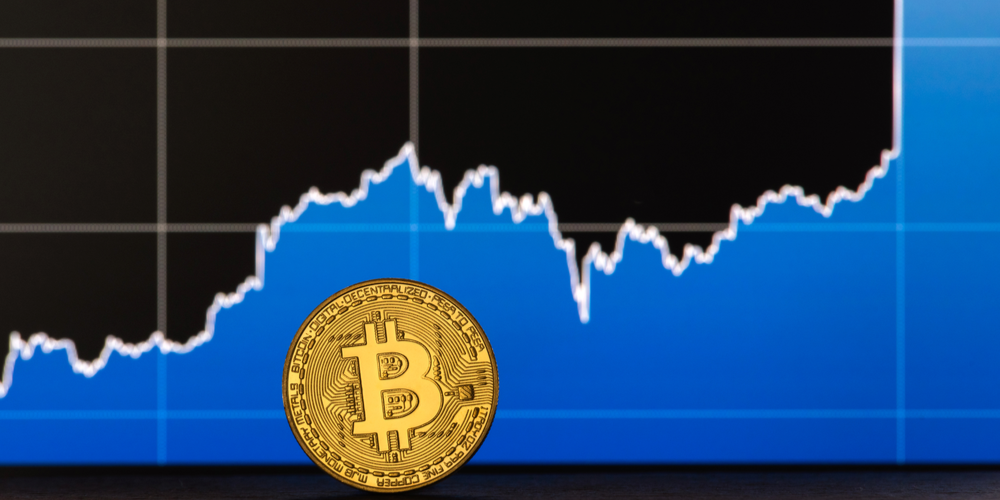Financial market research and analysis
Our analysts have their fingers on the pulse of the world's financial market news.
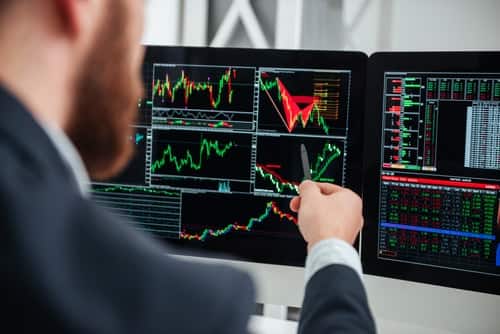
What are CFDs?
CFDs – short for ‘Contract For Difference’ are a popular form of derivatives trading. The word ‘derivatives’ can have some spooky connotations – weren’t they what caused the financial crisis in 2008? Yes and No. Complicated structured products like Mortgage-Backed Securities (MBS) ran into problems but not simple derivatives like vanilla options or CFDs.
A CFD means a client enters into a contract with a broker (like LCG) to trade the difference between market prices of an underlying asset at different points in time. The client can
Why even use a derivative instead of just the underlying asset you might ask? There
How does it work?
Let’s go over a quick example trade.
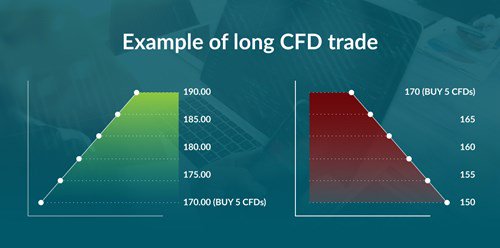
A trader buys 50 CFDs of Facebook when the share price is $170. Each CFD is worth 1 share so the size of your position is $8,500. If the price rises 20 dollars and you close out your position, you would make a $1000 profit. If the price of Facebook shares falls 20 points, once your position is closed, you would lose $1000.
With a traditional stockbroker, the client would need all the funds or, using a 50% margin, the trade would require $4,250 in the account. A CFD broker might only require a 5% margin so this trade can be entered using
Whatever trading account you use, there is always a bid/ask spread – the difference between the price you can buy and sell
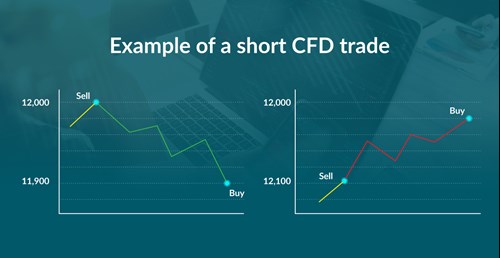
You sell 0.5 CFDs of the ‘Germany 30’ index at €12,000. Each CFD is worth 10 times the index price so the size of your trade is €60,000. If the price falls €100 to €11,900, and you close the trade, you make €500 in profit. If however, you sell 5 CFDs of ‘Germany 30’ at €12,000 and the price rises by 100 points, once you close the trade, you would lose €500.
The advantages & disadvantages
Trade on rising and falling markets.
If you think the market is going up then ‘go long’ or if you think it will fall then ‘go short’. The cost and the ease of placing the trade
Trade 24 hours a day.
Trading CFDs is not confined to exchange hours, which are typically also working hours. Out-of-hours markets allow trading at a time that suits your schedule.
Hi
 Change Language ▼
Change Language ▼




